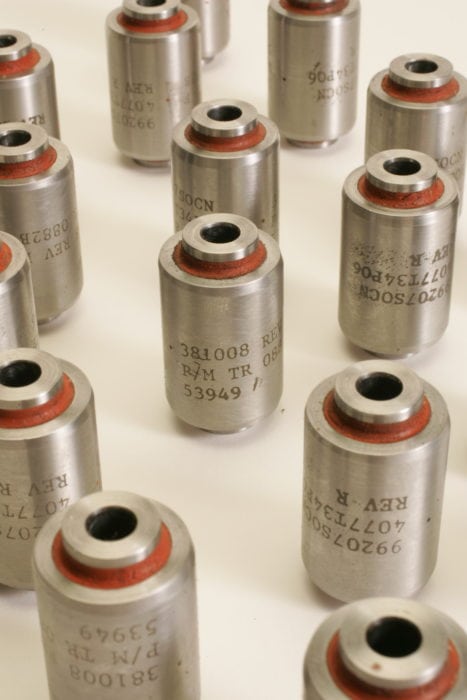Reducing Vibration
Vibration is an inescapable variable in aerospace. Airplane parts can only handle so much fatigue before they begin to degrade or fail. The longevity of instruments and avionics, landing gear, baffling, engine mounts, and even the airframe itself can be drastically impacted by the presence of excess vibration.
The Impact of Vibration
When it comes to vibration in an aircraft, there are numerous potential causes:
- Crankshaft unbalance
- Bearing problems
- Loose or worn components in the assembly
- Defective crankshaft counterweights
- Cracked airframe components
- Changes in the operating environment
- Overloading
- Lengthened service and aging effects
If ignored, the consequences of vibration are only magnified. In essence, vibration shortens the service life of critical components and, in turn, pushes up costs – often unexpectedly and unpredictably.
Effects of Vibration
Even though some vibration is normal and expected in aviation, when aircraft vibration becomes excessive, the following problems may arise:
- Cracked exhaust stacks and sheet metal
- Higher than normal occurrence of oil leaks and light bulb failures
- Physical movement of the airframe (buzz in the seat, yoke and rudder pedals)
- Passenger complaints of noise in the cabin

Cutting Down on Vibration
While the elimination of vibration from aircraft is not achievable, reducing it as much as possible and managing its levels for optimum performance will make a noticeable difference and increase the longevity of the airframe and avionics.
Anti-vibration components and materials are a critical starting point on this journey. Careful consideration of characteristics such as deflection, static loading and alignment is crucial when making these selections. Specifying anti-vibration materials and components from the outset, rather than allowing vibration-related problems to become apparent during operation, will result in sustained performance and safety and lower costs.
Rishon® material from RCF Technologies, a low modulus material which absorbs both sound and vibration, is an excellent place to begin. For more information, contact us today.


 click here for video
click here for video